Kim Seong-je’s ‘Bogotá: City of the Lost’ is a compelling crime drama that explores the intersection of survival and ambition in an unfamiliar land. The film follows Guk-hui (Song Joong-ki), a determined young man who moves to Bogotá in Colombia with his family in the 1990s, driven by the hope of a better future. However, their new life proves to be far from easy, as they face financial struggles, cultural barriers, and the harsh realities of immigrant life.
Desperate to escape poverty, Guk-hui is drawn into the city’s black market, where he learns to come to terms with the treacherous world of organized crime. As he rises through the ranks, his moral boundaries blur, and his pursuit of power comes at a steep cost. The film not only portrays his transformation but also sheds light on the struggles faced by immigrants, the lure of illicit wealth, and the consequences of survival-driven choices.
Bogotá: City of the Lost is a Fictional Story That Takes Inspiration From True Events
The narrative of ‘Bogotá: City of the Lost’ is a work of fiction crafted by screenwriters Hwang Seong-gu and Kim Seong-je. However, it is set against the backdrop of real historical events, notably the 1997 Asian Financial Crisis. This crisis, which began in Thailand, led to massive currency devaluations and economic turmoil across several Asian countries, including South Korea. In the film, Guk-hui’s family’s decision to move to Bogotá is influenced by the hardships brought about by this financial downturn.
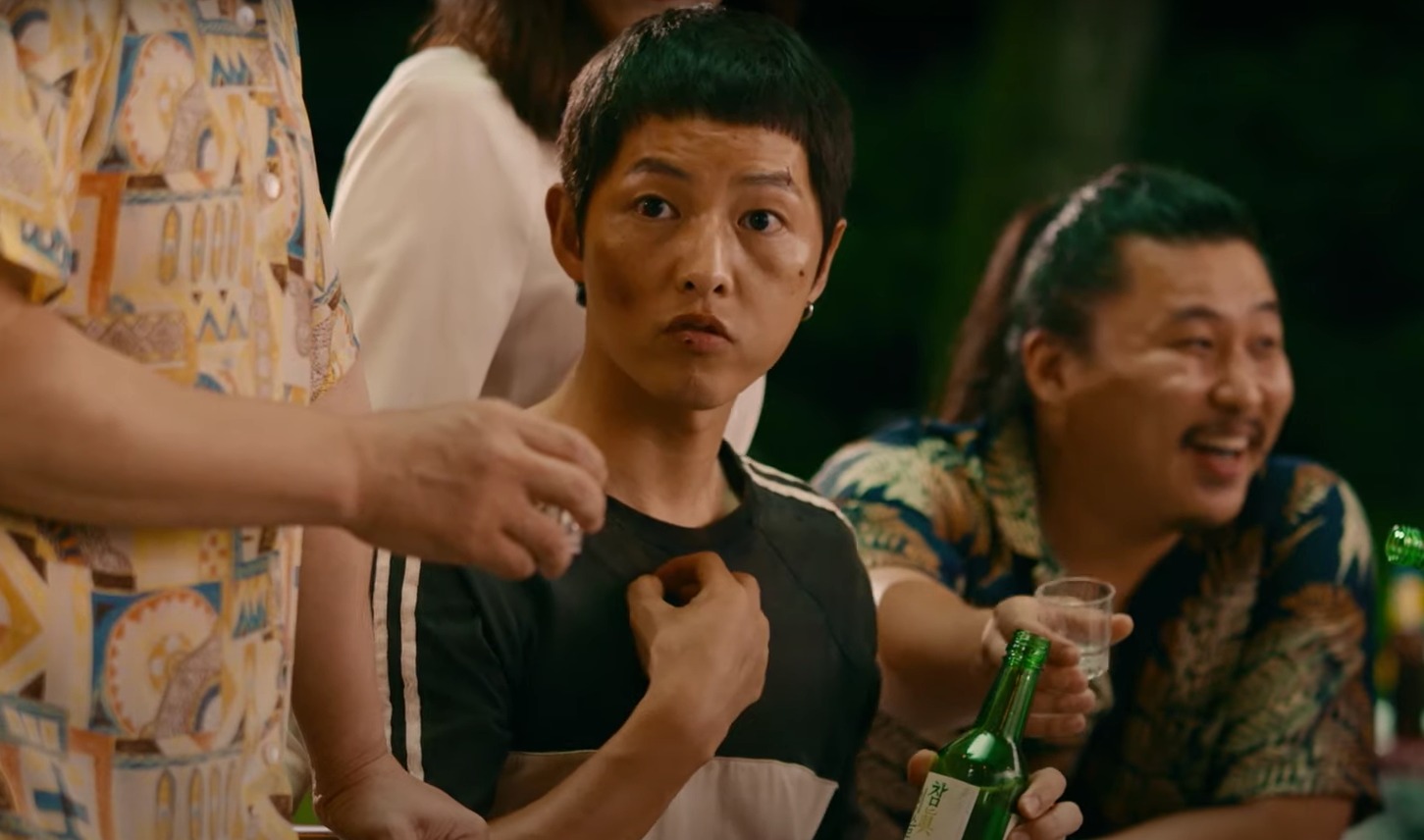
While the characters and specific plotlines are fictional, the movie touches upon genuine challenges faced by immigrants, such as cultural assimilation, economic hardship, and the attraction to forbidden activities as a means of survival. Director Kim Seong-je has not indicated that the story is based on actual individuals or events, but the setting and circumstances provide a realistic backdrop that resonates with historical realities.
Bogotá in the 1990s Explores the Crime and Survival in Colombia in the 90s
The 1990s were a volatile period for Colombia, with drug cartels, rampant corruption, and economic instability shaping daily life. Following Pablo Escobar’s death in 1993, a power vacuum led to the rise of new criminal organizations like the Norte del Valle Cartel. Illegal enterprises thrived, and street crime surged, making survival a daily battle. Bogotá: City of the Lost captures this chaotic environment, portraying how immigrants, including Korean business owners, often found themselves caught between legal struggles and illicit opportunities.
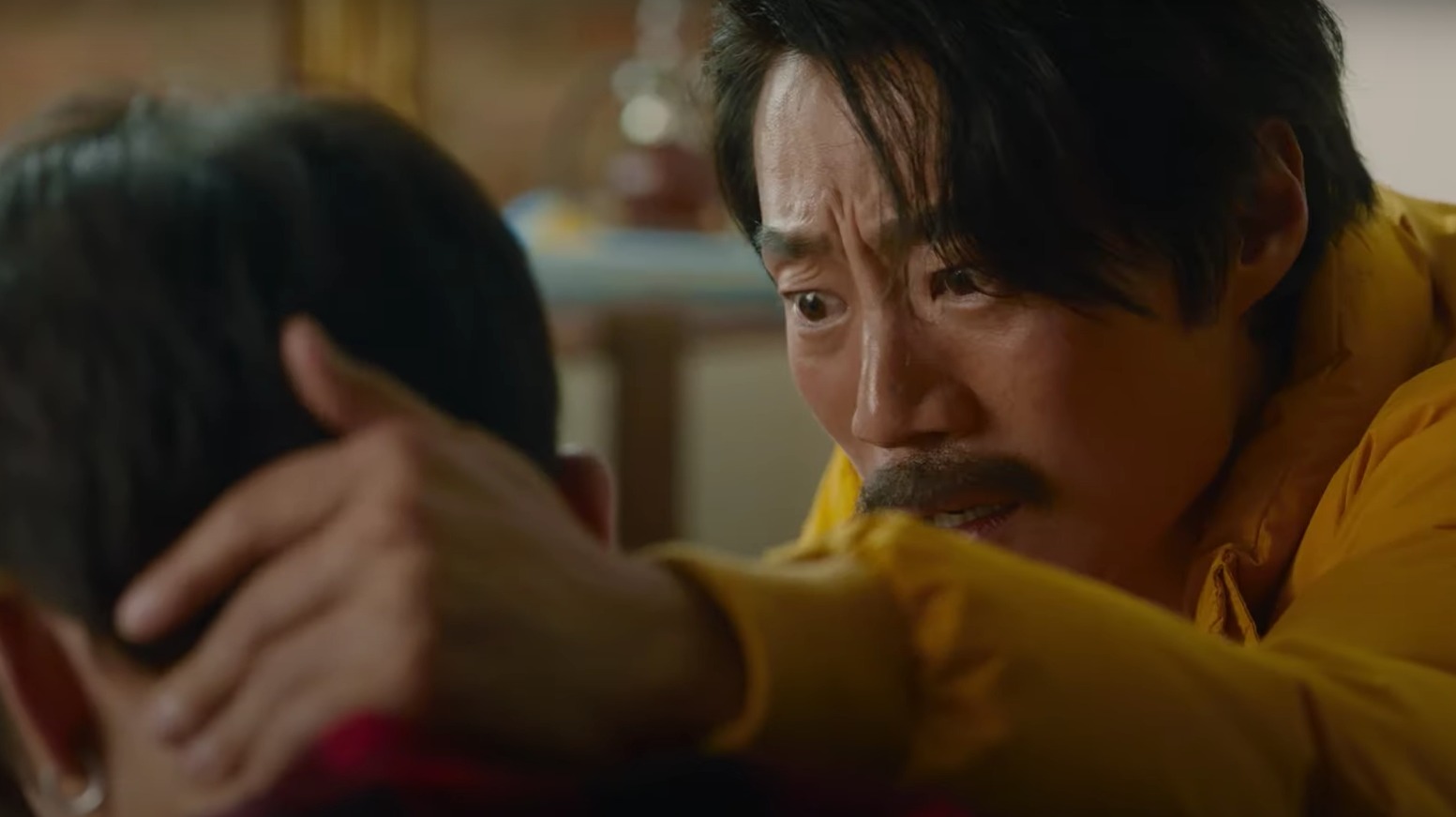
Unlike previous portrayals of Colombian crime that focus on well-known figures like Escobar, Bogotá: City of the Lost delves into the lesser-explored aspects of criminal enterprise. The Norte del Valle Cartel, which emerged in the mid-90s, dominated cocaine trafficking after Escobar’s downfall. Additionally, smaller organized crime groups, known as “Oficinas de Cobro,” operated in Bogotá, running extortion rings and illicit businesses. While the film does not explicitly name these organizations, it accurately reflects their influence on the city’s economic and social structures.
The Immigrant Struggle and the Lure of the Black Market
Guk-hui’s rise in the criminal underworld reflects the tough choices many immigrants faced. Korean business owners in Colombia had to navigate a system rife with corruption, sometimes resorting to bribery or other illegal activities to keep their businesses afloat. The film highlights the ethical dilemmas that arise when survival is at stake, making Guk-hui’s transformation into a key player in the black market both tragic and inevitable. Others, like Guk-hui in the film, became involved in illegal dealings, as the lack of opportunities often made crime seem like the only viable option.
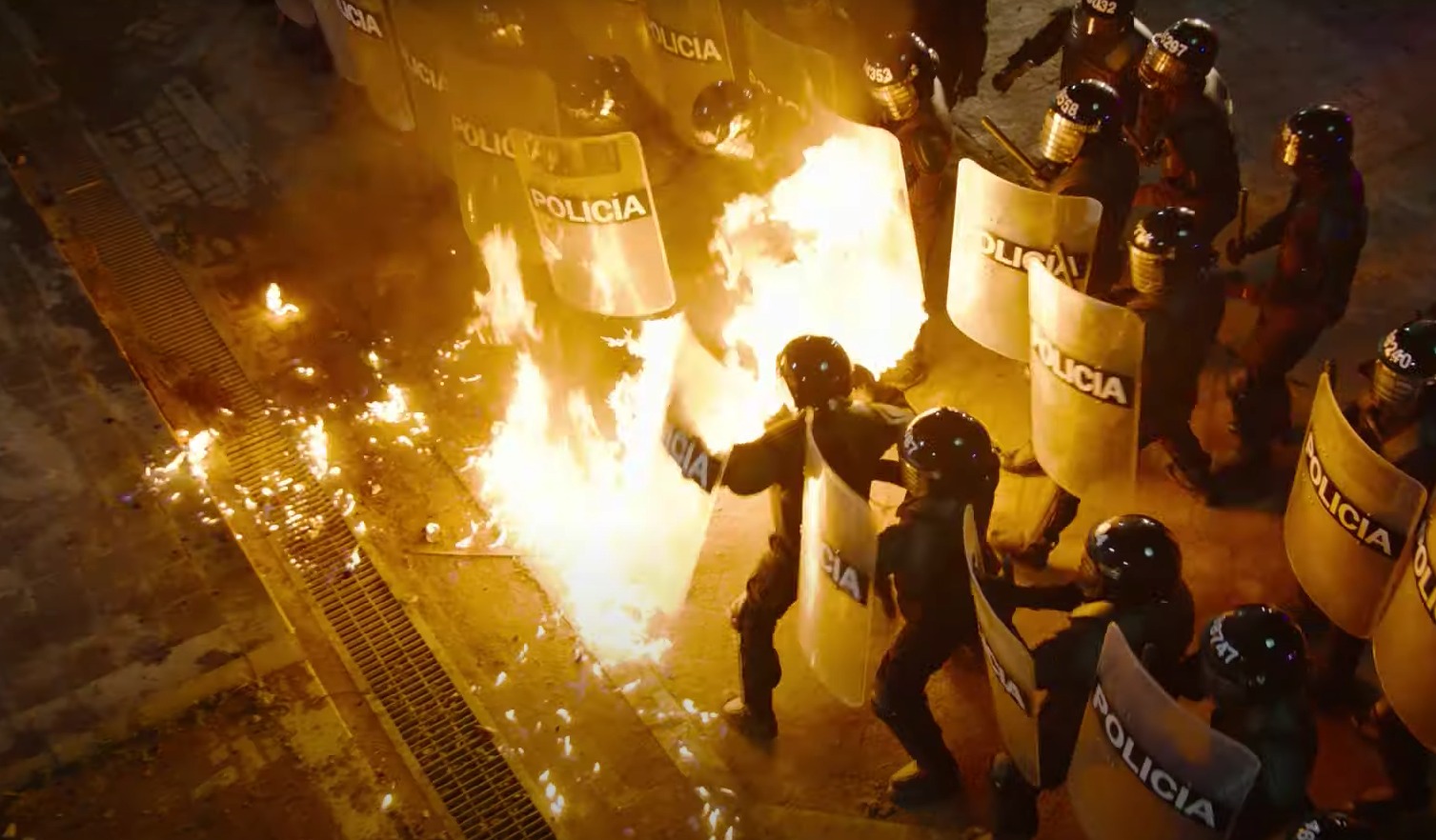
Moreover, the film captures the violence and lawlessness of 1990s Bogotá. Street crime, assassinations, and police corruption were common occurrences. Even those who tried to maintain a legal livelihood often found themselves in danger, as gang conflicts and extortion schemes ran unchecked. The gritty cinematography and tension-filled atmosphere in the film reflect this harsh reality, making it feel incredibly authentic.
Colombia’s Evolution Beyond Its Dark History
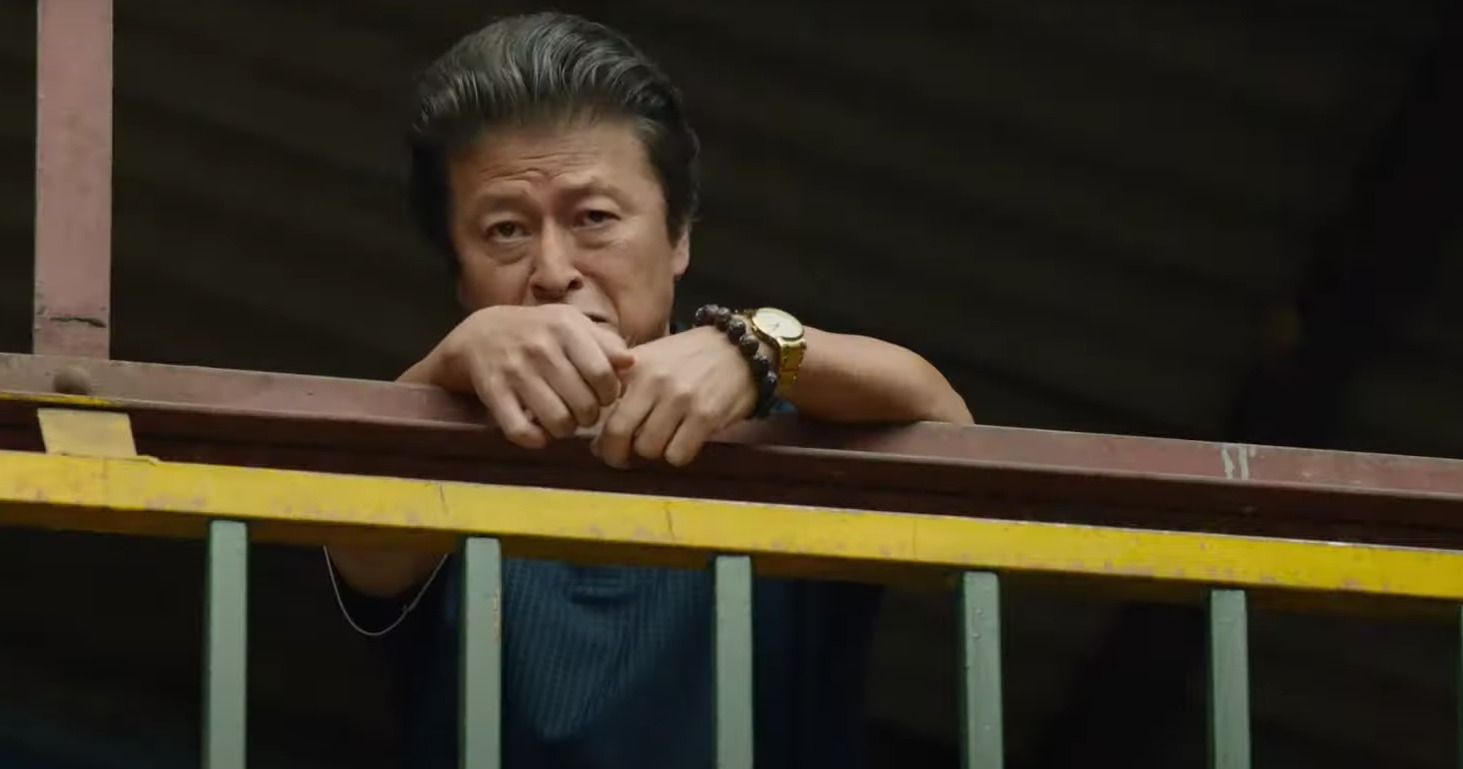
Addressing concerns about the film reinforcing negative stereotypes of Colombia, Song Joong-ki shared his personal experience in a press screening. He said, “As far as I know, and from my experience living there, in Colombia, and also, coincidentally, my mother-in-law is Colombian, so my wife’s family lives there as well. Since I interact with them, based on my limited knowledge, I’ve heard that in the past, they worked hard to shed those negative images, feeling somewhat ashamed of them.”
The actor added, “But the Colombia I experienced was full of energy, warmth, and oh, the food was absolutely amazing—so delicious! The people are incredibly warm-hearted, and I also witnessed their efforts to completely move away from those old stereotypes.” His comments highlight the evolving perception of Colombia, moving beyond the violence-ridden past to embrace its vibrant culture and progress.
Read More: Best Gangster Movies on Netflix

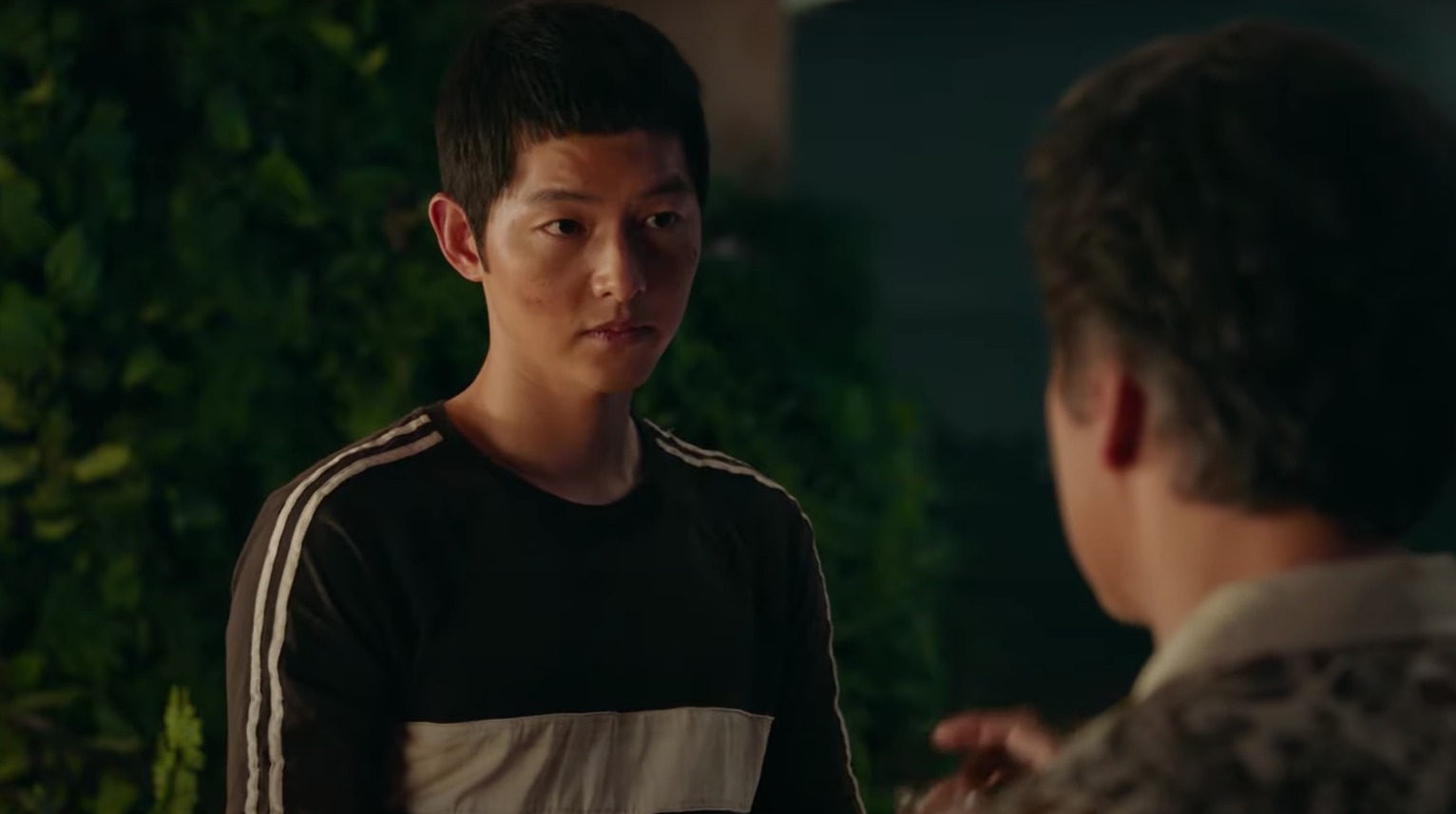
You must be logged in to post a comment.